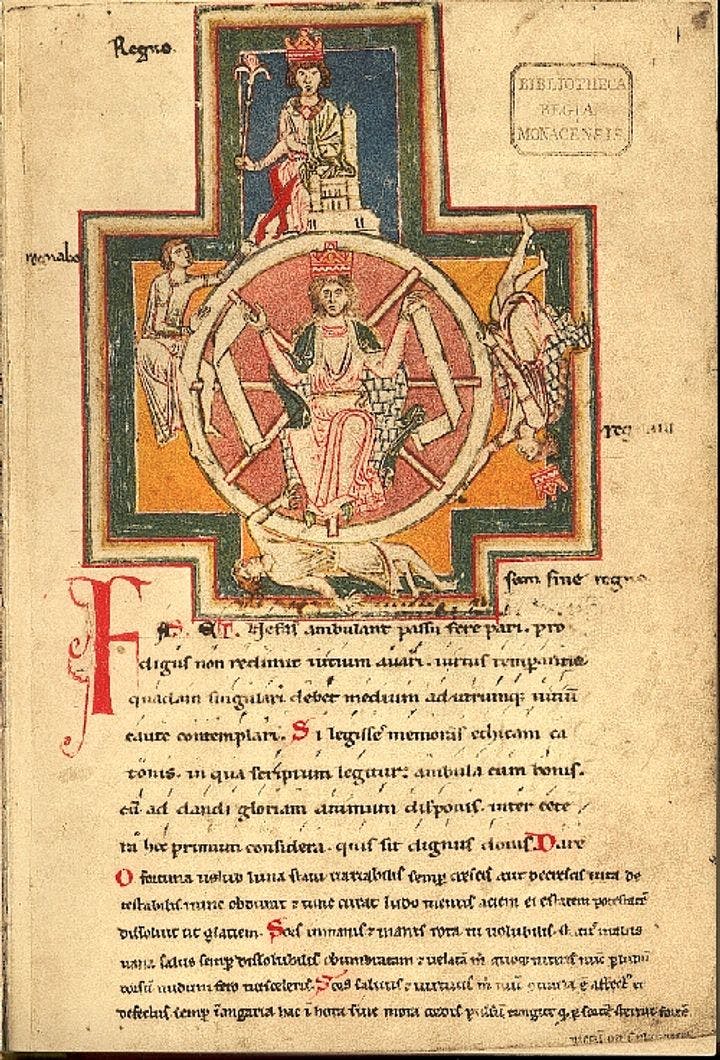Spring 2010
The Invisible Hand
– The Wilson Quarterly
Translating fiction and poetry is a thankless task, one that earns little respect in the world of academic and little pay outside of it.
Pity the literary translator, whose mission it is to be invisible, to “fade into the background, like a discreet waiter who keeps the glasses filled while remaining practically unnoticed.” Translating fiction and poetry is a thankless task, one that earns little respect in the academy and little pay outside of it, writes Jennifer Howard, a senior reporter at The Chronicle of Higher Education.
In academia, translation is often seen as a digression from serious scholarly work. As Mark Anderson, a Franz Kafka specialist at Columbia University, describes the prevailing sentiment, “Translation can take people away from criticism and theoretical thinking of an original sort.” Before Anderson was tenured, the chair of his department advised him not to work as a translator because doing so would be viewed unfavorably by the tenure committee. Anderson opted to work under a pseudonym. “I think my chair gave me excellent advice,” he says. Stars such as Robert Fagles notwithstanding, marketing specialists have downplayed the role of translators, often excluding their names from the covers of books they have brought into English, in the belief that translated work is a tough sell.
But the tides may be changing, Howard writes. More universities are offering certificates or degrees in translation. Some schools, such as the University of Texas, Dallas, now house on-campus translation centers. And small imprints emphasizing translated literature are springing up at university-affiliated publishing houses. At a few academic institutions, faculty personnel codes have been re crafted to consider the work of translation in hiring and promotion decisions.
Howard reports that a group of translators are trying to move the weight of the Modern Language Association—the nation’s most prominent organization of literary scholars—behind the fight for greater recognition in the academy. But respect doesn't put food on the table, and job pickings remain slim in the humanities, for translators and scholars alike.
* * *
The Source: "Translators Struggle to Prove Their Academic Bona Fides" by Jennifer Howard, in The Chronicle of Higher Education, January 17, 2010.
Image courtesy of Wikimedia Commons
